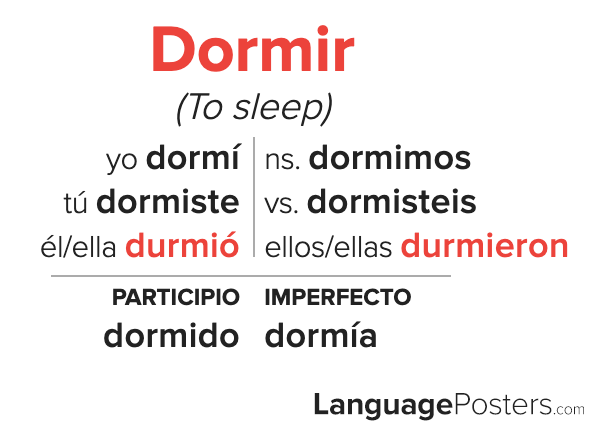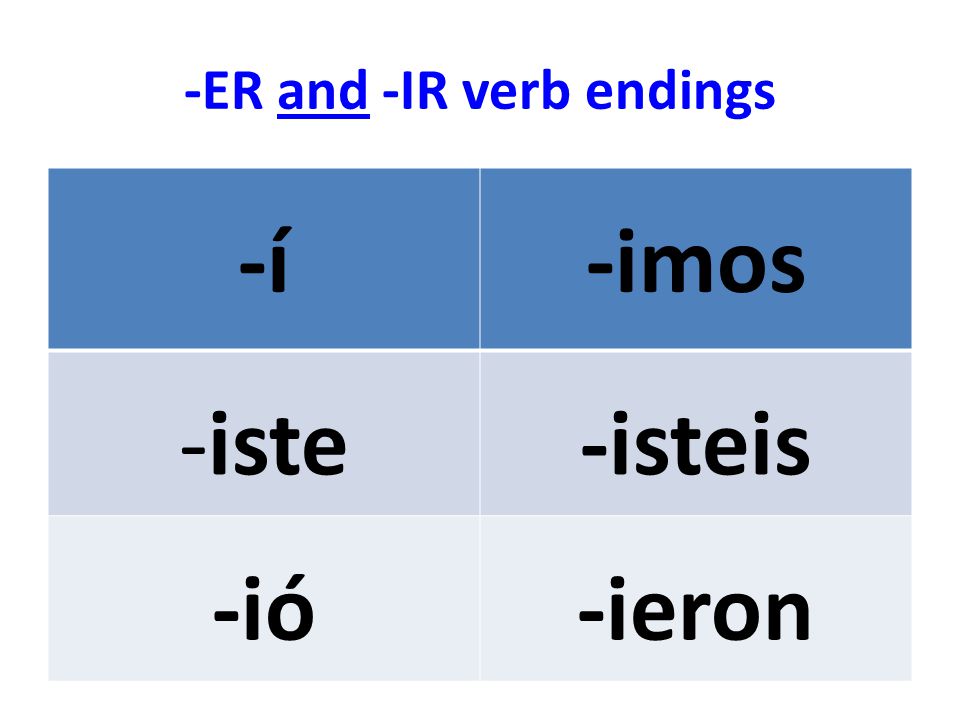Conjugate the following sentence in the preterite tense:
Yo ______ (comer) ayer con mi amiga.
comí (with an acento)
If you have 1 verb in a sentence, where do you place the reflexive pronoun?
Infront of the verb: ME divertí.
¿Qué se lastimó? 
Se lastimó el tobillo.
What is the affirmative command of "poner"?
Pon
What is the affirmative command for "comer"?
¿Cómo se dice "hiking" en español?
Give an example of a reflexive verb. Just the verb, do not write a sentence.
We mentioned in class that "codo" means elbow, however, we mentioned that culturally speaking it is also used in everyday conversation to say that someone ______.
does not like to spend money; stingy.
To create commands with verbs that end in -CAR and -GAR what do we need to do?
Change C to QU and G to GU.
How do you turn a verb into an negative command? Explain.
Remar is a verb, the action of rowing and el remo is the sport.
Write a sentence using a reflexive pronoun.
evitar la grasa means ....
to avoid fats.
Ana y tú no ______ (poder) terminar la tarea ayer.
pudieron.
When creating negative commands, you must switch ____ for ____ OR ____ for _______ on the verb.
es --> as or as--> es
Estirarse is what type of verb?
Reflexive verb.
If you have 2 verbs in a sentence, where do you place the reflexive pronoun?
Attached to the second verb: Me gusta divertirME.
Conjugate the verb "dormir" for all the pronouns:
Yo-
Tú-
Él/ella/usted-
Nosotros-
Ellos/ellas/ustedes-

Write a sentence using the negative command of "practicar".
No practiques.
Write the endings for -er and -ir verbs in the preterite tense.

Write all of the reflexive pronouns.
Yo - me
Tú - te
Él/ella/usted - se
nosotros - nos
Ellos/ellas/ustedes - se
What can sentence start can we say to give an explanation?
Write a sentence with an IRREGULAR NEGATIVE commands.
How do you turn a verb into an affirmative command? Explain.
You conjugate using the pronouns él/ella/usted in the present tense.